Table of Contents
Do You Know How to Make a Decision?
With all the noise about education for the young and how important it is for their future, how is it that decision-making skills that are needed in everything are almost never taught in schools or universities?
Why is it that such a basic necessity of our everyday life is ignored by most educational institutions?
So here is my question to you: Do You Know How To Make A Decision that takes into account essential decision-making skills?
Do you have basic decision-making skills that guarantee a level of safety and stability that will ensure minimal room for errors?
The answers to these questions are critical to our success as professionals and individuals because so much depends on our ability to decide and make choices that are smart.
This can be emphatically exclaimed: We are the results of the decisions we make… and we make so many, most of which are unconscious.
Our development as decision-makers is to become increasingly conscious of how to make a decision for then we are in control and in the Now.
So you need to ask yourself what is the basis of the majority of your decision-making? Automatic, based on what you’ve done before? Or, conscious, newly considered without bias and with a clear system of evaluation.
Decision-Making Today
We witness a world where many of the important decisions are made by powerful leaders who impose their will upon the free choice of others, only because they can, not because they know how to make a decision.
This is seen all the way from the micro level of decisions in everyday life, to the semi-macro level of corporate leadership decisions, to the huge macro level of how to make a decision about going to war or not (for example).
My experience of training professionals worldwide in leadership skills where decision-making skills are of uppermost importance, tells me, beyond a shadow of a doubt that the majority of key decisions in our lives today are assumptive, lacking the facts, are made under pressure, ego-based, blinded by personal ambition and agendas, and often hijacked by personal consideration masquerading as benefitting the masses.
Our lives are dependent on having decision-making skills that would be based on fact-based intelligence, with short and long-term considerations and consequence analysis, which are confirmed by our gut feelings.
Sound simple, right?
Critical Decision-Making Skills
1. To Know How to Make a Decision a Person Must First Be Trained in How to Think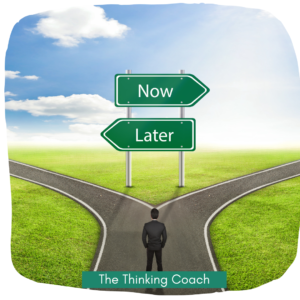
The first rule in Deliberate Thinking (different from Linking) is to “consider NOW first and move backward never the other way around”. That means that our “base camp” for any decision should be Now, else, we’ll likely not reach the “summit” of our potential and goals.
To reiterate, in learning how to think, one must ‘let the moment be’ before “clothing” it with the past by considering the issue without expecting it to be like the past.
The changes we are experiencing in every aspect of life must command our respect to always look at things with the “eye of the now” free from yesterday’s biases and constraints, be they physical, mental, or emotional.
This must be a decision that we make about how to make a decision…if this makes sense to you!
2. Being Careful Is Essential in Learning How to Make a Decision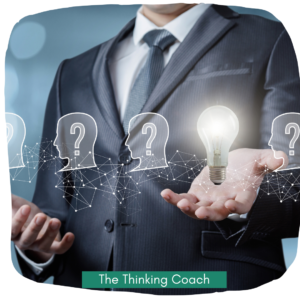
Here are self-check, open-ended sample questions that will protect your decisions. Asking yourself simple questions before you make a decision is a great decision-making skill to acquire.
- Are your decisions well-considered or do you Hot Wire your decisions?
- When you make decisions do you rely on the past as a first principle or do you start fresh?
- What system thinking and evaluation methods do you use?
- What are the parameters you check before making a decision?
- To what degree do you take the emotional intelligence vector into account as part of your decision-making process?
- Do you consider the “map of consequences” on the short and long-term levels before making a decision?
- What level of certainty do you aspire for when you make a decision?
- What percentage of success do you aim for in your decisions?
- Are you thorough in evaluating situations before you decide?
- Who/what is your main stakeholder in the decision-making process?
- Do you try to fit a “square peg into a round hole” when you really want something? (wishful thinking)
- How do you protect your decisions from your own emotional bias?
3. To Be In The Now Is a State of Mind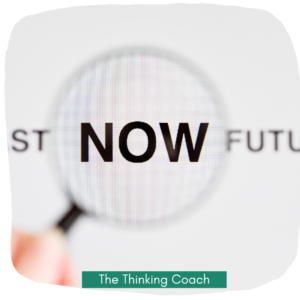
If you are not in the now then where are you? Yesterday is gone and the future is yet to appear.
This requires training because we have mostly been taught to think about the past as our benchmark of how to make a decision.
Although you can learn from experience don’t count on it as a first principle. Learn to isolate the Now from the bias of having done it before and from the bias of wishful thinking. Check the facts that apply to your decision whether you like them or not.
4. Consequences – Strategic Thinking About the Future Before You Get There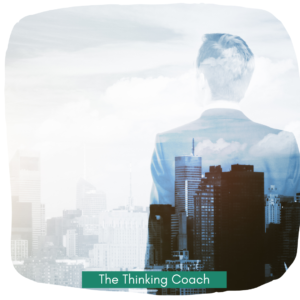
Are you aware of the fact that Choice and Consequence are twins that always travel together but in different time zones?
When Choice is ‘born’ Consequences are ‘born’ at the same time, although some consequences are “late bloomers” and cannot be seen immediately.
What that means is that although consequences are not realized at first their process begins as soon as we make and enact our decisions.
Choice can often be seen, while a consequence is initially unseen.
It is, therefore, the responsibility of the astute Decision Maker to acquire the decision-making skills of consequence analysis
Remember, choices that are made now WILL affect us in the near and far future.
Therefore, the effort to strategically think forward must be part of how to make a decision and an essential part of our decision-making skills and soft skills tool kit.
By analogy, consequences can be likened to roads that lead in multiple directions, often far away from the original decision.
So a decision is made about something and a chain of sequences is set in motion, mostly, unknown to the decision maker.
This is the time to use our mind intelligently by attempting to perceive the future before it happens, which is a definition of what strategic thinking is about. To put it differently, when we make decisions we start a process and turn on the engine of consequences!
The wise decision-maker will abide by the words “let the long-term lead”.
Short-term consequences are important but long-term consequences are critical to the survival and development of any arrangement of people, be it an individual, a couple, a family, an organization, and, of course, a country.
5. Keeping Your Options Open – Do not Hot Wire A Decision Just Because You’ve Done It Before 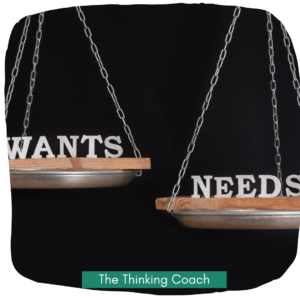
6. Separate Between Perception and Facts 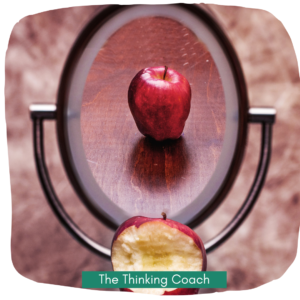
This looms large in learning how to make a decision. If you don’t separate these two your Past Perception will likely “hijack” your Now Decisions. This is particularly true where emotional bias is concerned.
Here is a simple technique that you can apply and have at the ready in your decision-making skills tool kit:
If you need to make a decision and you have a previous emotional bias about the matter, consider first the opposite response to the decision while searching for as many reasons as you can (at least 3) to back it up. Be a “devil’s advocate” to yourself and make a conscious effort to think differently from your immediate response.
Then, and only then, return to your original decision and see if it makes sense.
This will take matters from a speedy emotional reactivity, which is based on past experience, to a much more level-headed, balanced mental state, and it will give you time to see more than what you see and be in the NOW.
A few extra minutes of inner research may save you a lot of consequential stress if you were to make the wrong decision.
7. Listen to Your Gut 
Use emotional intelligence as part of your decision-making skills.
An important part of learning how to make a decision is to pause after you have done your mental work, your analysis, and evaluations, which uses the Neocortex part of your brain.
Ask yourself out loud how you actually feel about the decision. This will open up your right hemisphere, or the Limbic part of the brain to have a feeling “consideration” for the process.
Give it some time and slow yourself down and then see what your Gut says. Listen to it, and if you need to go back to the drawing board, do that! (Listening to your gut takes conscious effort to silence the many noises we have inside us).
8. Perfect Decisions Are a Trap 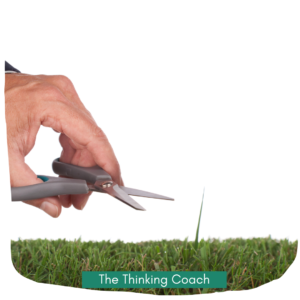
Beware of seeking perfection when you make decisions.
There are always imperfections in any decision so only ever aspire for a 75% level of success. People who aspire to perfection disregard the fact that there isn’t such a thing in life.
The truth of the matter is that when a person wants to be perfect they become increasingly blinded to possible consequences, especially emotional consequences, and they lose sight of the big picture.
So make sure you leave 25% of “breathing room” for natural imperfections and unforeseen consequences and be ready to make course corrections.
Relax into a decision don’t stress about it.
9. How To Make a Decision That Guides You To Success? 
The most important decisions we make in life are about ourselves!
Did you know that your success or lack of is mainly due to your own decision about yourself?
Success, which is another shallowly understood concept is often mistakenly relegated to outside circumstances as if it happens upon us.
In fact, success is a direct result of how you think about yourself, how you position yourself, and what decisions you take about your governing attitude.
When a person makes a conscious “soul decision” about
- what they will achieve,
- what attitude will guide them,
- what they are willing to do, and
- what they stand for and against (these are all decisions)
It summons an extra power into their own life business.
The more conscious your decision is, the more you will be empowered!
A conscious decision creates space to grow into. That space grows as a person brings belief, faith, and reason to the table of decision-making.
In the iconic book by Napoleon Hill “Think And Grow Rich” he writes about a law of nature that he refers to as “Autosuggestion” where it is explained eloquently and clearly how a person’s decisiveness makes the whole difference in the world between success and failure.
It begins with the understanding that we humans have a great dormant power locked inside us, which is “awakened” by how we think and by learning how to make a decision that will impact everything we do.
The deeper meaning of this natural law needs further explanation to elucidate its importance to human and professional success, which are intertwined!
10. Making a Systematic Decision
Learning the 7 steps of how to make a decision and making it an integral part of your decision-making skills through repetition.
This triangle is part of the leadership training that I conduct with professionals.
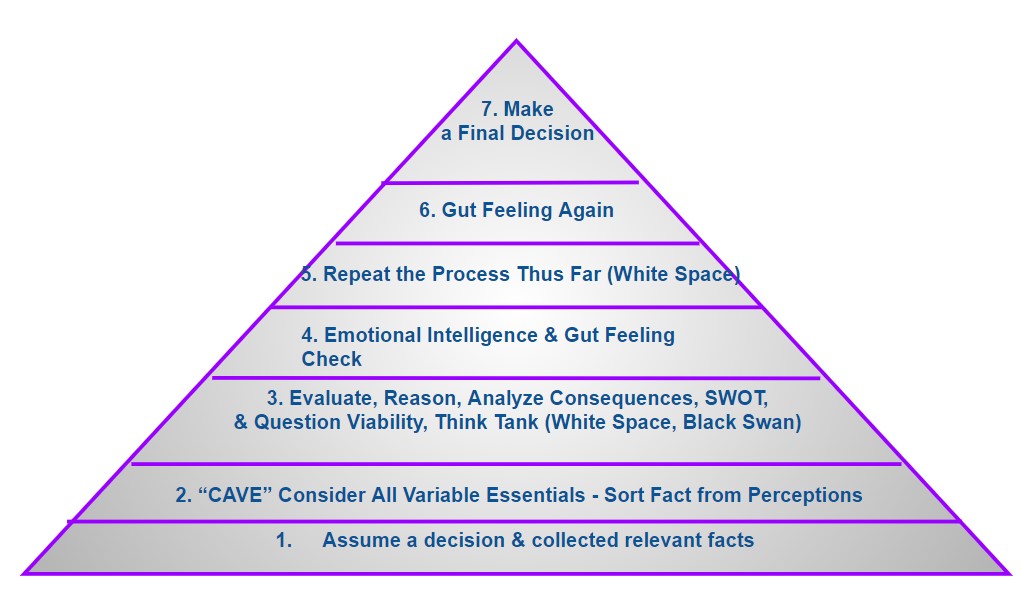
The Thinking Coach Leadership Training Courses and Employee Training Development
The process of how to make a decision is part of the Thinking Coach leadership training courses and employee training development, which are conducted in the U.S and internationally for companies, organizations, governments, and individuals.
I help many professionals gain critical leadership skills, which more than ever before are needed to guide people through the tough times we are going through.
We need wise and caring leaders that know how to make a decision that people can trust.
Eli Harari
The Life Coach for Professionals™
Images courtesy of Canva Pro
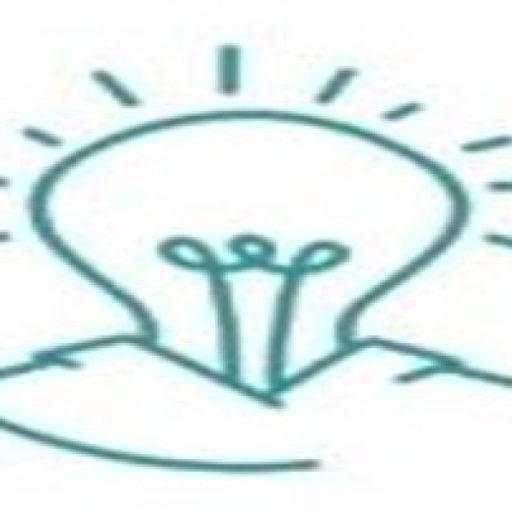
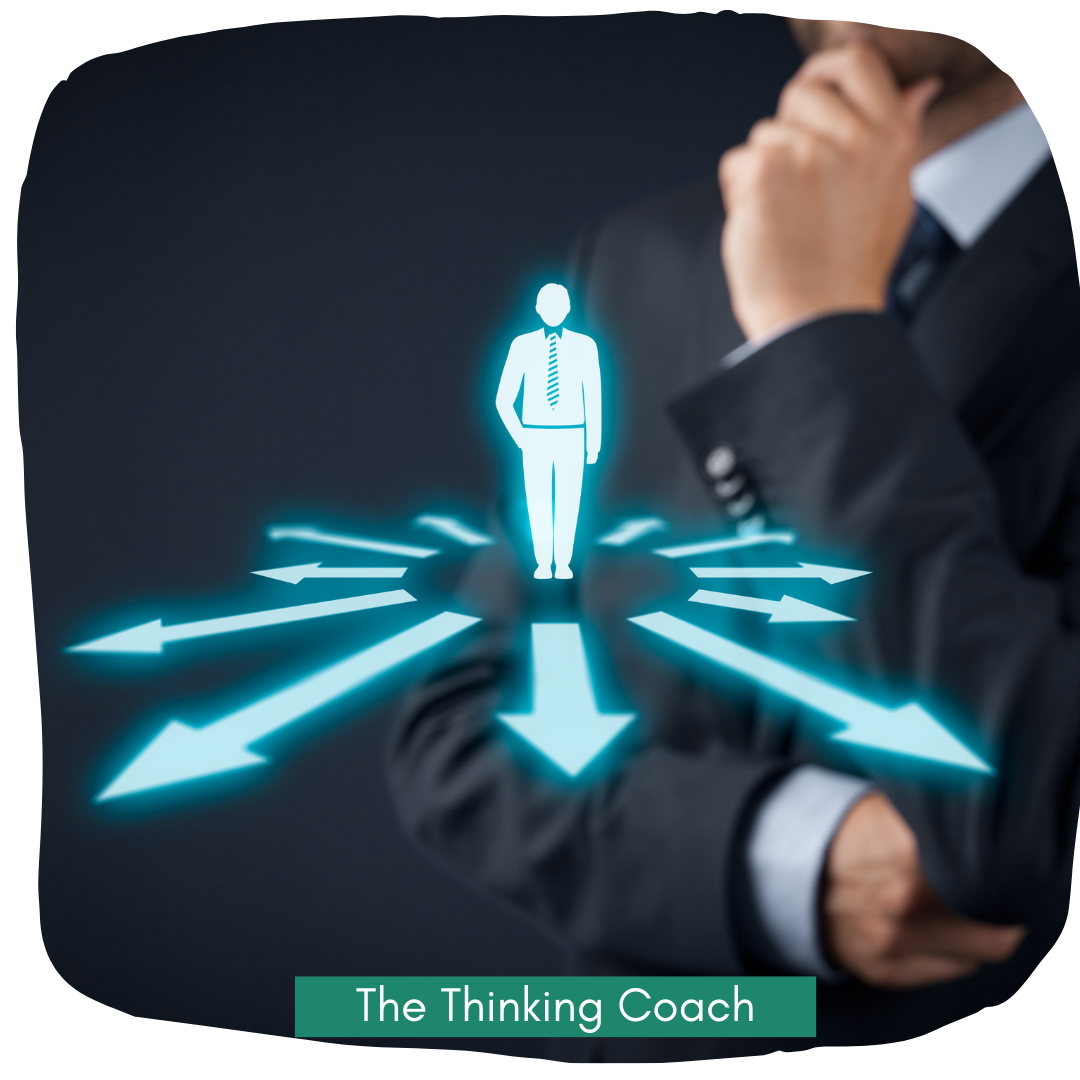

Pingback: Decision Making - The Key to Change & Self Leadership - The Thinking Coach
Pingback: 5 Analytical Thinking Points - Red Intelligence